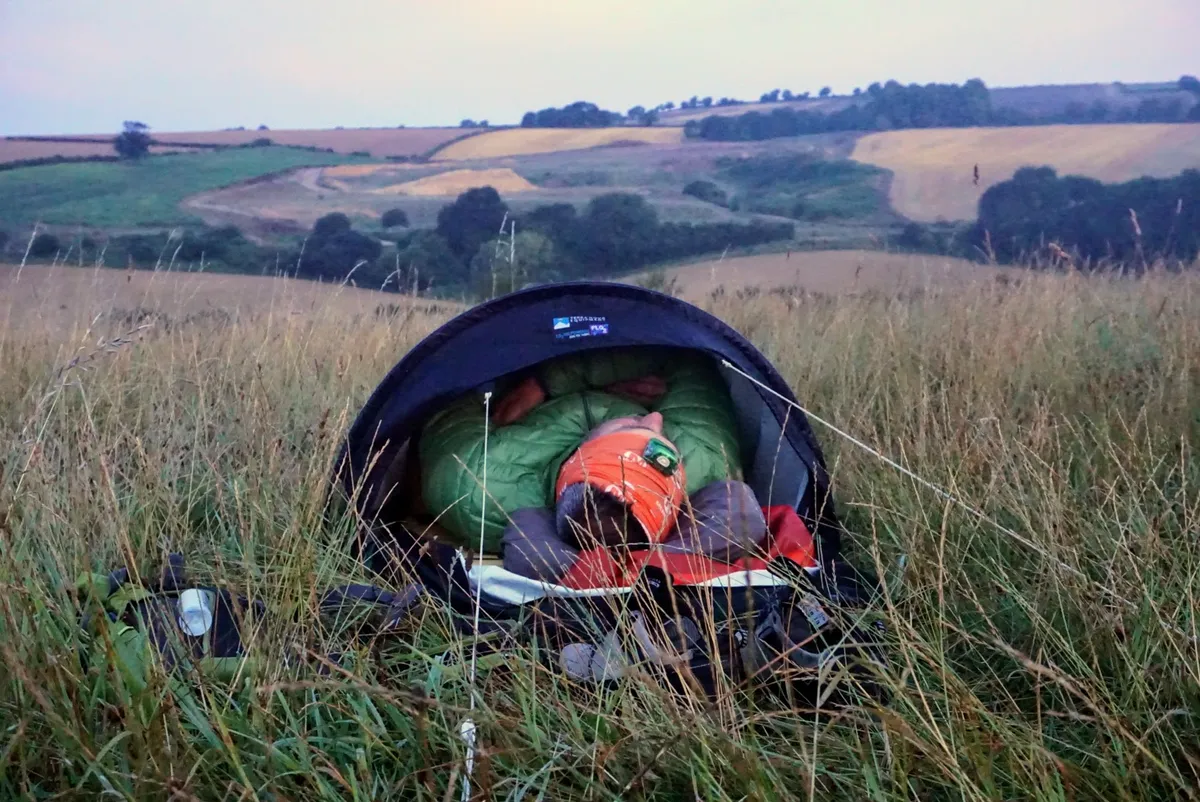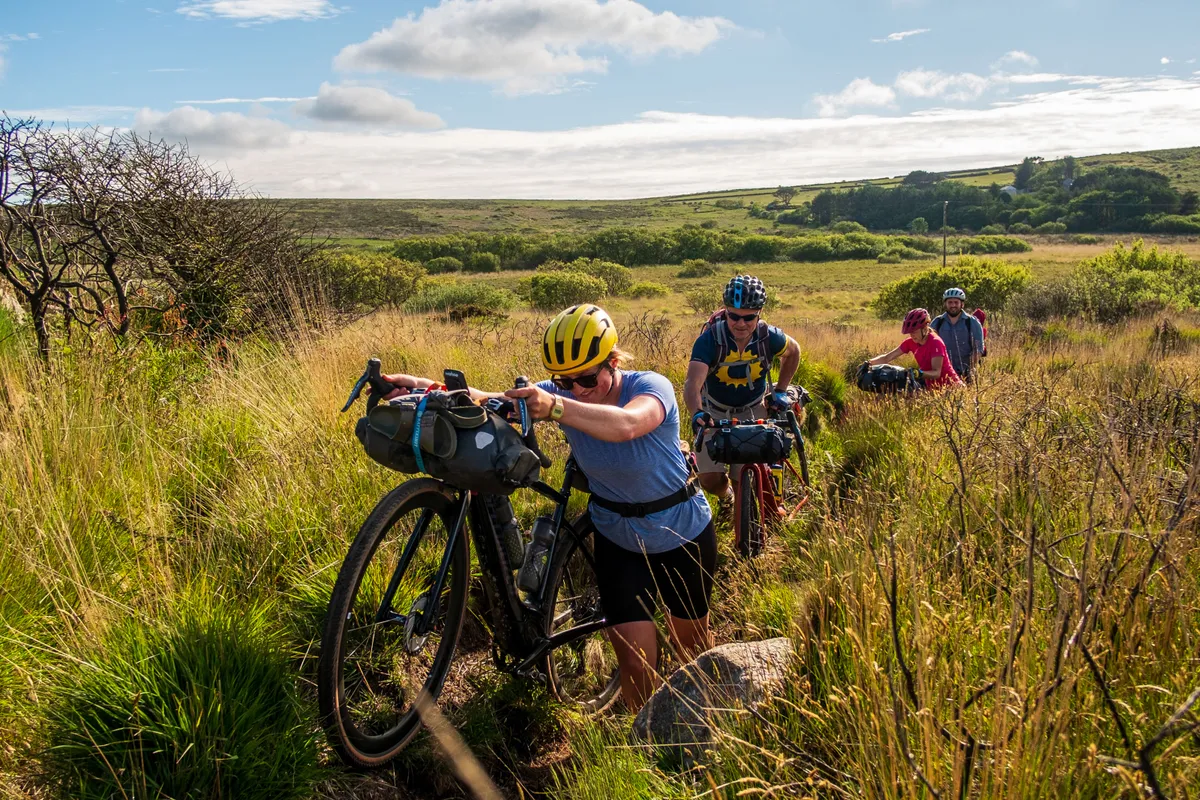Wild camping without a landowner's permission will no longer be allowed on Dartmoor, the last bastion of the ‘freedom to roam’ in England and Wales, after a ruling by the High Court today that serves as a blow to UK bikepackers.
The owner of Blanchford Estate, Dartmoor, England, has won the right to remove people from wild camping on his land in a historic High Court ruling.
Dartmoor National Park was the only area of England and Wales where camping on land without a landowner’s permission was assumed to be allowed under local law.
Park authorities are expected to appeal against the High Court’s ruling and the case has faced fierce criticism from advocates for wild camping, including the Campaign for National Parks and the Right to Roam campaign.
“We're disappointed with the result of the wild camping legal challenge,” said the Dartmoor National Park Authority on Twitter.
“We'll consider our position before deciding if to appeal and also discuss with landowners.
“We maintain wild camping is a key part of open-air recreation, a way to enjoy Dartmoor.”
No camping on Blanchford estate

Alexander Darwall, a hedge fund manager, brought the case against the national park, stating the right to wild camp on Dartmoor never existed.
There was an assumed right under the Dartmoor Commons Act of 1985 that people could wild camp in the whole national park.
Because of this, Darwall, owner of the 4,000-hectare (16sqkm) Blanchford estate and the sixth-largest land owner on Dartmoor, said he couldn’t order campers off his land.
Darwall’s lawyers explained at the two-day hearing in December that, despite the 1985 Act allowing open access "to all the commons on foot and on horseback for the purposes of open-air recreation", this excluded wild camping.
Sir Julian Flaux, the chancellor of the High Court, ruled that Darwall’s lawyers were correct and said the right to camping did not exist across the moors.
The ruling is effective immediately and has thus brought wild camping without a landowner’s permission to a close in England and Wales. Dartmoor’s previous status as a wild-camping sanctuary made it a popular bikepacking destination in the UK.
Despite the ruling, Timothy Leader, acting for Dartmoor National Park, said there are grounds for appeal, according to The Guardian.
While the ruling makes wild camping unlawful, Leader argues that is “not the common state of affairs” in the national park, “wherein the public gain access on foot and by horseback to participate in a wide range of recreational activity which is not solely ambulatory in character".
What does this mean for bikepacking?

To stay within the law, bikepackers will now have to seek the landowner’s permission to set up camp on Dartmoor, as is the case in the rest of England, Wales and Northern Ireland but not Scotland.
It would seem permission is unlikely to be granted in light of the High Court ruling.
Bikepackers face having to ignore the ruling and risk falling foul of the law if caught and prosecuted.
In practice, many wild campers take this approach across England, Wales and Northern Ireland and retrospectively ask permission if the landowner finds them.
Proponents of the right to roam maintain wild camping without permission is responsible, provided they leave no trace, i.e. no litter or fires.
Those wishing to adhere to the letter of the law will have to stay within official campsites.
Mass trespasses have previously been staged on the estates of landowners who forbid access to members of the public.
The UK’s Labour Party says it will expand the right to roam and wild camp across England if it wins power.
‘Radical overhaul’
Cycling UK, which promotes responsible wild camping, says Labour’s pledge to expand the right to roam is supported by the Government’s 2019 Landscape Review, known as the Glover Report.
In an article on Cycling UK, the charity explains how the Glover report says the UK’s national landscapes should be used as a “positive force for the nation’s wellbeing”.
Duncan Dollimore, Cycling UK’s head of campaigns, says the ruling “demonstrates how legislation on public access to the countryside needs a radical overhaul in order to provide access to a wider range of outdoor activities like cycling and wild camping.
“Increased opportunities for the public to access our National Parks and Areas of Outstanding National Beauty are recommended in the Government's Glover review – now is the time to act and enshrine these in law."

